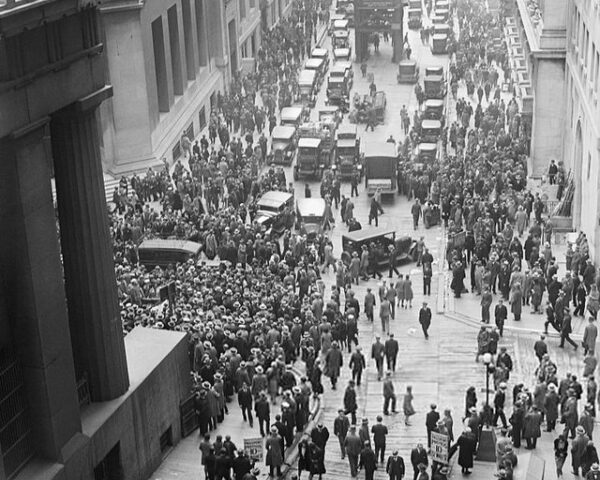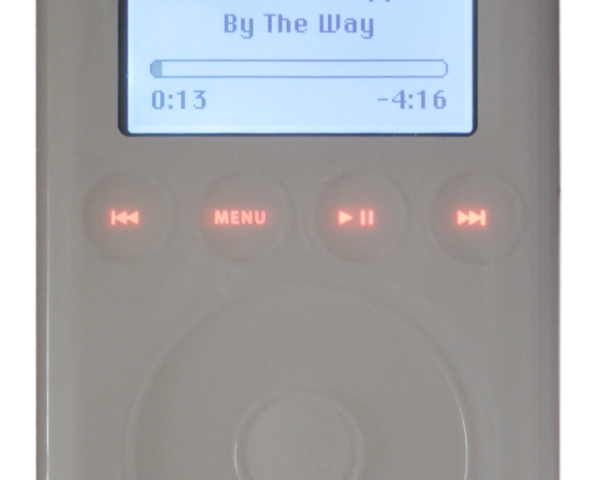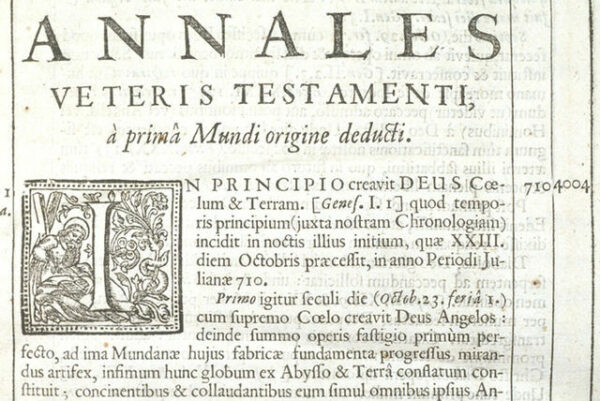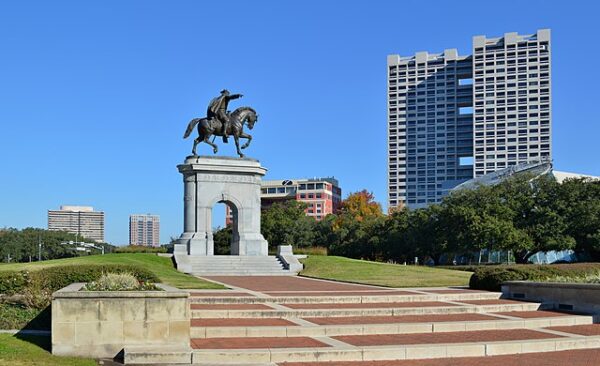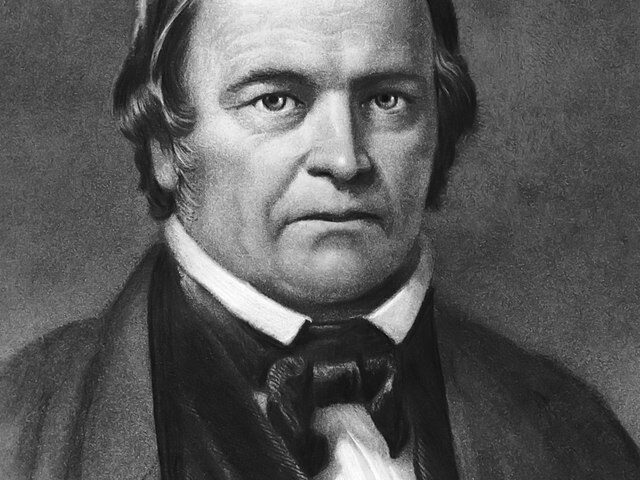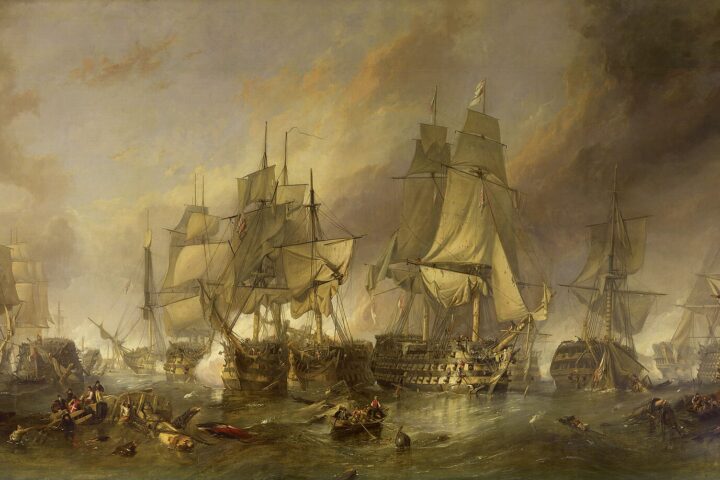Black Thursday, October 24, 1929, marks one of the most infamous days in financial history. It was the start of the catastrophic stock market crash that led to the Great Depression, a period of prolonged economic hardship in the United States and globally. While…
Read MoreOn October 24, 1901, a wooden barrel four and a half feet tall bobbed up and down as it floated in the Niagra River, heading towards the Niagra Falls. Inside, celebrating her 63rd birthday, was a schoolteacher from Bay City, Michigan. She was preparing…
Read MoreOn October 23, 2001, Apple Computer unveiled a pocket-sized device that would redefine the way the world listened to music. Weighing just 6.5 ounces and small enough to slip into a jeans pocket, the iPod promised “a thousand songs in your pocket.” Few outside…
Read MoreOn October 23, 1707, democracy in Great Britain took a huge step forward with the opening of the first united Parliament. The new governing body served as the culmination of years of negotiations and debates that united the kingdoms of England and Scotland, marking…
Read MoreOn October 23, 4004 BC, at least according to the calculations of Archbishop James Ussher, the world was created. This date, derived from a meticulous study of the Bible and historical records, represents Ussher’s attempt to establish a timeline for the creation of the…
Read MoreFor over a decade, Lance Armstrong had stood as the most celebrated name in cycling—a symbol of grit, endurance, and improbable redemption. A cancer survivor who conquered the sport’s most punishing race seven consecutive times between 1999 and 2005, Armstrong was hailed as an…
Read MoreOn October 22, 1836, Sam Houston was inaugurated as the first President of the Republic of Texas, a pivotal moment in the young nation’s fight for independence. This event came after a series of historic battles and political struggles that had culminated in the…
Read MoreOn October 22, 1844, nothing happened. It was a typical day in the United States, but for tens of thousands of followers of William Miller, a Baptist preacher in Massachusetts, the day was the most disappointing day of their lives because that was supposed…
Read MoreOn the morning of October 21, 1797, the people of Boston gathered along the harbor to watch a ship—three years in the making—slip into the Atlantic. The 44-gun frigate USS Constitution rested poised on the greased ways of Edmund Hartt’s North End shipyard, its…
Read MoreThe Battle of Trafalgar, fought on October 21, 1805, marked a decisive moment in the Napoleonic Wars, shaping the future of European power dynamics. Commanded by Vice Admiral Horatio Nelson, the British Royal Navy faced off against a Franco-Spanish fleet led by French Admiral…
Read More

